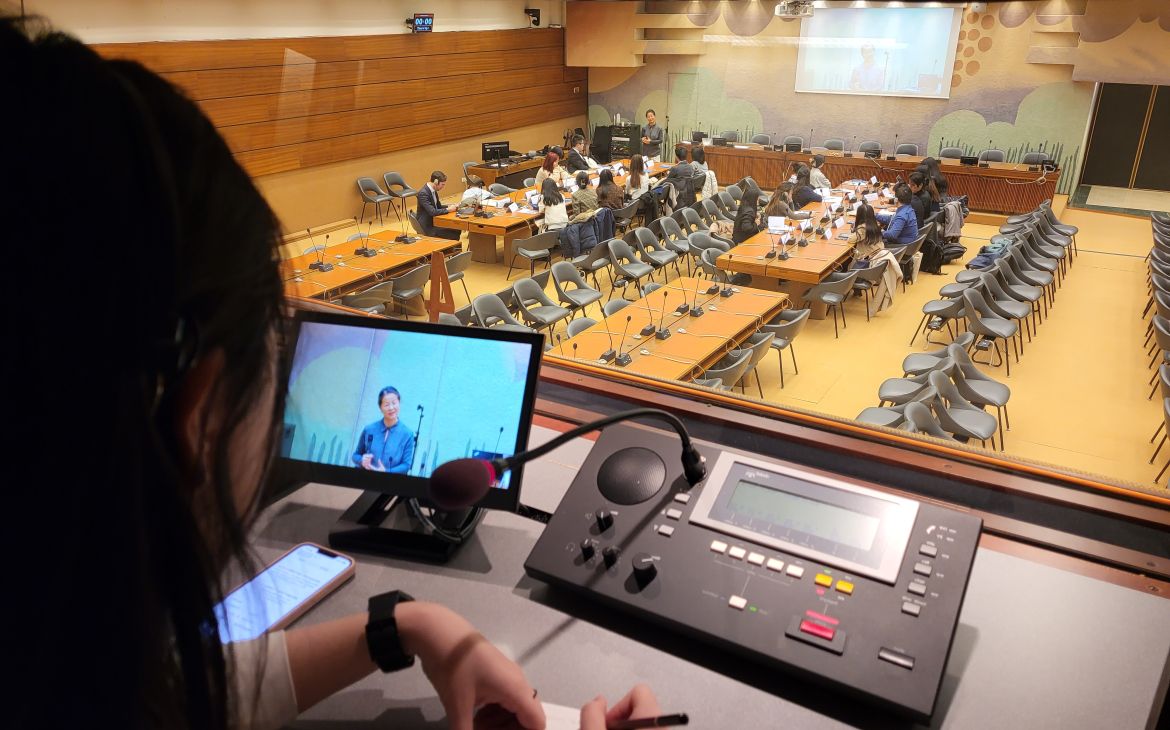
Diplomacy is all about negotiation, between individuals and states. A successful negotiation demands many skills, foremost among them is proficiency in languages, ideally more than one. Polyglots, one who knows and is able to use several languages, often have an edge over monolinguals. In fact, language, according to the British diplomat and scholar Ernst Mason Satow, is not merely an art of communication but it is considered as an essence of vocation.
For countries like Nepal, competence in multiple languages is especially important because many influential partners beyond the Anglosphere, countries where English is the dominant language, prefer to communicate in their own languages. Additional language skills benefit not only diplomats but professionals across a globalized economy. They build rapport at the negotiating table and deepen understanding of the cultures and societies where diplomats serve. Yet Nepal still lacks sufficient foreign-language expertise.
It is high time to invest in multilingual training for Nepal’s diplomats, an investment that would advance both individual careers and the national interest. Mastery of counterpart languages has long been a diplomatic priority elsewhere, but less so in Nepal in recent years. We cannot credibly field “China experts,” for example, without proficiency in Chinese; the same logic applies to other key partners.
The United Nations operates in six official languages—Arabic, Chinese, English, French, Russian, and Spanish. Accurate interpretation and translation, spoken and written, are essential to the organization’s work, enabling clear communication on issues of global importance. Delegates may speak in any official UN language, and it will be simultaneously interpreted into the others. When delegates choose to make a statement using a non-official language, the delegation is required to provide either an interpretation or a written text of the statement in one of the official languages. Most UN documents are published in all six languages.
“Learning from the UN system Nepal needs experts in all six official UN languages. Moreover, looking at our foreign policy we need one more language expert in Hindi,” said Rupak Sapkota, foreign affairs adviser to former Prime Minister Pushpa Kamal Dahal. Sapkota, who earned a PhD focused on foreign policy in China and is among Nepal’s Chinese-language experts, has served as an interpreter during several high-level Chinese visits.
Nepal’s Foreign Ministry currently maintains neither permanent nor temporary cadres of foreign-language specialists. For high-level visits, officials scramble to contact known linguists outside the government. From a national-security and professionalism standpoint, relying on outsiders for sensitive translation and interpretation comes with its own risks.
Former Ambassador Dinesh Bhattarai said the knowledge of foreign languages is considered “an ornament, a jewel” in the Foreign Ministry. “There were language experts in MoFA in the past; I’m not sure about the current situation,” he noted. “Such capacity enhances the institution’s prestige and the nation’s standing.”
Ministry spokesperson Lok Bahadur Poudel Chhetri agrees that language expertise is vital. “The Foreign Ministry presently has no dedicated language-expert appointments,” he said. “For high-level engagements, we identify translators and interpreters in advance and, when needed, coordinate with Bishwa Bhasha Campus in Kathmandu.”
A few decades ago, the ministry employed Spanish and French language experts. Today, it has none. In a world where language is a foster foreign policy, Nepal needs to build capacity in the UN’s six official languages plus Hindi to engage effectively with neighbors and the broader international community, adding other languages as it expands its diplomacy.
Geo-political analyst Chandra Dev Bhatta said that language mastery and the careful choice of words bolsters diplomats’ credibility and persuasive power. “Our scriptures such as the Ramayana and Mahabharata are abound with examples of language shaping diplomatic tradition,” he said. “Kautilya rightly places language as a key tool for the envoys as it allows them to read intentions and influence outcomes. But that is possible only when they command the languages.”